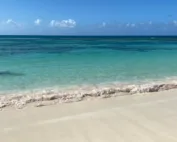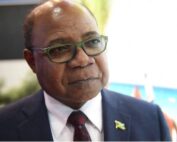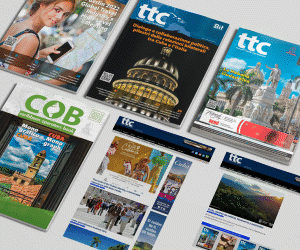Caribbean states seek clarity on US travel restrictions

Several Caribbean countries are breathing a bit easier after the US disputed reports that it is considering implementing new travel restrictions that could affect six Caribbean nations—St Lucia, Antigua and Barbuda, Dominica, St Kitts and Nevis, Haiti and Cuba.
According to the The New York Times, countries have been categorised into three levels of restrictions: a “red” list, where travel would be completely banned; an “orange” list, which would impose severe visa restrictions; and a “yellow” list, where nations have been given 60 days to address specific security concerns or face possible escalation to the other two categories.
St Lucia, Antigua and Barbuda, Dominica, and St Kitts and Nevis allegedy fell under the “yellow” list, while Cuba has been placed in the “red” category, alongside Venezuela.
The Times noted that the categorisation was based on concerns about “inadequate security practices for issuing passports, insufficient information-sharing on travelers, or the selling of citizenship to people from banned countries”.
Each of the four Eastern Caribbean nations on the yellow list operates a Citizenship by Investment (CBI) programme, which allows foreign nationals to acquire passports in exchange for financial investment. The US has raised concerns that such programmes could be exploited to bypass existing travel restrictions.
Caribbean governments were quick to seek clarification on these potential restrictions. St Lucia’s Prime Minister Philip Pierre stated that his administration had received no official communication from the US regarding the country’s inclusion on the list.
“The Government of St Lucia and the St Lucian Embassy in Washington DC are actively seeking clarification on this matter… The USA is a friend of St Lucia and remains a key partner in St Lucia’s development. We look forward to an even stronger relationship between our two countries,” said the Prime Minister’s office in a statement.
Similarly, Antigua and Barbuda’s Prime Minister Gaston Browne instructed his Ambassador to the US, Ronald Sanders to send a diplomatic note to the US State Department. Browne voiced his discontent, asserting that “there is no objective justification for Antigua and Barbuda to be placed on a list that could hinder the travel of its citizens”.
The Government of St Kitts and Nevis stressed its commitment to resolving any concerns related to its CBI programme. “Since August 2022, we have maintained open dialogue with the US government, particularly regarding reforms to our CBI programme,” a statement from the government read.
Meanwhile, Cuba’s alledged inclusion in the “red” category means that its citizens could face a complete ban from entering the US. Given the longstanding strained relations between Washington and Havana, the move comes as no surprise. The Times report suggests that the Trump Administration views Cuba and Venezuela as “long-standing adversaries of US foreign policy.”
The rumured restrictions would reflect a significant expansion of travel bans imposed during President Donald Trump’s first term. The initial bans, which primarily targeted Muslim-majority countries, were challenged in courts but ultimately upheld by the US Supreme Court. President Joe Biden revoked those bans in 2021, but with Trump back in office, his administration argues that reinstating and expanding the policy is necessary.
The Trump administration have justified the travel restrictions as measures designed to protect American citizens from “aliens who intend to commit terrorist attacks, threaten our national security, espouse hateful ideology or otherwise exploit the immigration laws for malevolent purposes”.
This approach has drawn criticism, as many of the countries affected by these proposed restrictions are small, developing nations. Kevin Hosam, Founder and Chairman of EC Holdings, raised concerns about the criteria used to select countries for these lists.
“It’s puzzling that Grenada, which also operates a CBI programme, is absent from these reports,” he said, adding that “this inconsistency raises questions about the rationale being used for these designations”. He also called for clarity on the lists; noting discrepancies between different reports with some countries listed in the New York Times article missing from Reuter’s report.
“Well, first of all, there is no list. What people are looking at over these last several days is not a list that exists here that is being acted on. There is a review, as we know through the president’s executive order, for us to look at the nature of what’s gonna help keep America safer when dealing with the issue of visas and who’s allowed into the country,” said US State Department spokesperson, Tammy Bruce.
“So, that’s not something that is – certainly I can talk about regarding something that doesn’t exist, but certainly when that review is done, we’ll have something that we can discuss,” said Bruce.
While the final decision rests with the White House, sources within the State Department suggest that the lists could still be developed along the line reported.
As the review unfolds, Caribbean governments are hoping to avoid travel restrictions that could significantly impact tourism, business, and diplomatic relations.
For now, affected nations must wait as the Trump Administration finalises its latest immigration policy adjustments. Given the region’s reliance on US travel for business, tourism, and familial ties, the coming weeks and months will be critical in determining whether any changes would target the Caribbean.
Source: Caribbean Insight

MORE NEWS














